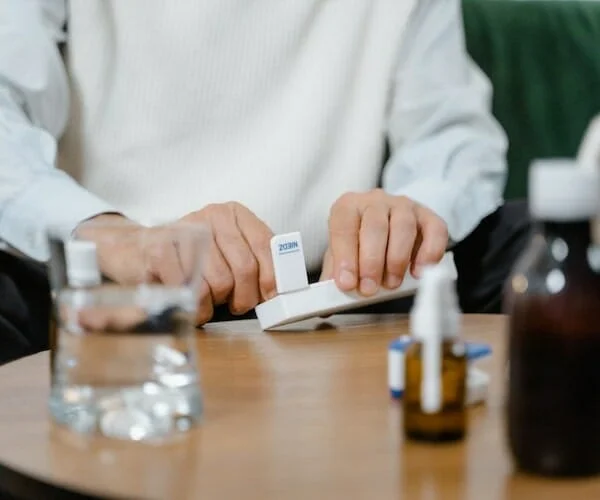An enlarged prostate, also known as benign prostatic hyperplasia (BPH), is a common condition that affects many men as they age. To know more about symptoms While an enlarged prostate can cause bothersome symptoms, such as difficulty urinating, know more about symptoms of Enlarged Prostate; here. There are a variety of treatment options available to manage the condition. Here are some ways to treat an enlarged prostate.
Active Monitoring for Mild Symptoms of Enlarged Prostate
If the symptoms of an enlarged prostate are mild or not bothersome, doctors often recommend a watchful waiting approach. This involves closely monitoring the condition over time to observe whether symptoms worsen or improve naturally.


Relieving Symptoms with Medication of Enlarged Prostate
To alleviate the symptoms of an enlarged prostate, doctors may prescribe specific medications. These may include alpha-blockers, which help relax the muscles in the prostate and bladder, or 5-alpha-reductase inhibitors which work to shrink the prostate gland.
Exploring Minimally Invasive Options
In certain cases, doctors may suggest minimally invasive procedures to treat an enlarged prostate. These procedures, such as transurethral microwave therapy (TUMT), transurethral needle ablation (TUNA), or laser therapy, are typically performed on an outpatient basis. They involve using heat or energy to shrink or remove excess prostate tissue


Surgical Options for Lasting Relief
Severe cases of an enlarged prostate may require surgical intervention. Transurethral resection of the prostate (TURP) involves removing excess tissue through the urethra, while prostatectomy entails the complete removal of the prostate gland. These surgeries are performed under general anesthesia and necessitate a hospital stay.
Supporting Treatment with Lifestyle Adjustments
In addition to medical interventions, certain lifestyle changes can help manage the symptoms of an enlarged prostate. These may include avoiding or reducing the consumption of caffeine and alcohol, limiting fluid intake before bedtime, and engaging in pelvic floor exercises to strengthen the bladder and prostate-supporting muscles.

Conclusion:
Take Control of Your Enlarged Prostate If you’re experiencing symptoms of an enlarged prostate, it’s crucial to consult with your healthcare provider. They can assess your individual circumstances and medical history to determine the most suitable treatment options. By addressing the condition promptly, you can regain control over your prostate health and enjoy a better quality of life. Here are more such helpful blogs on Men’s Healthcare.









